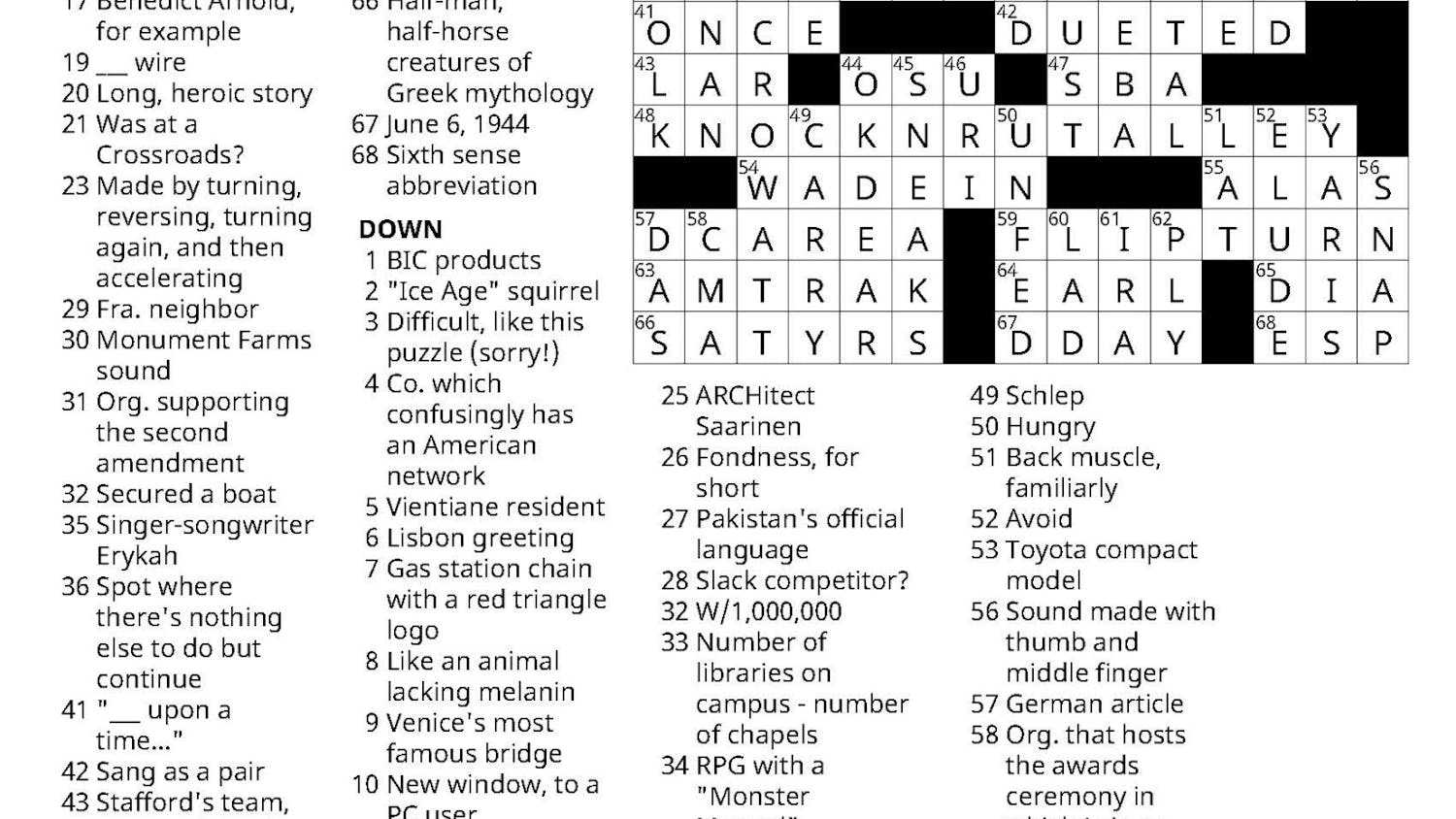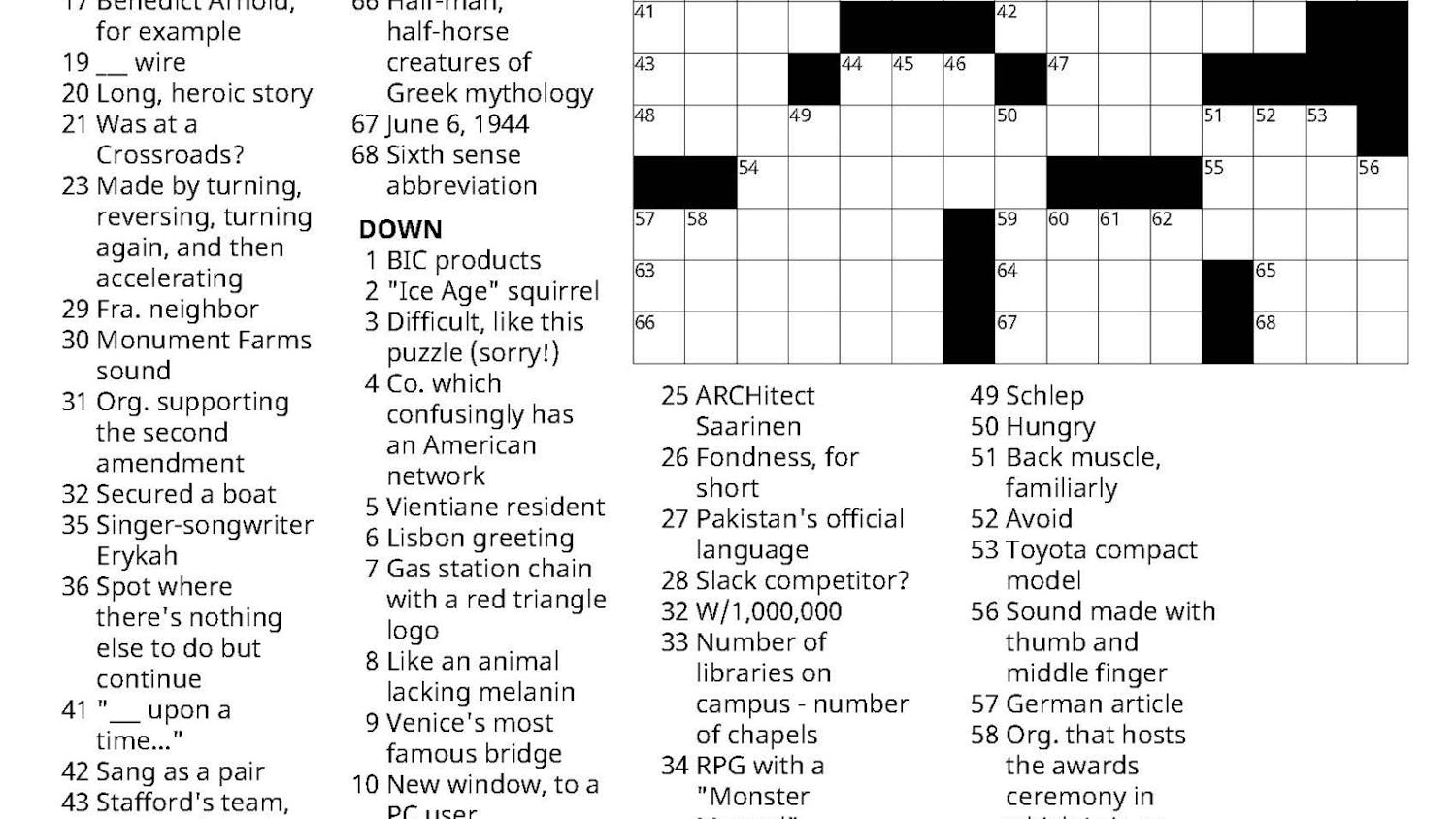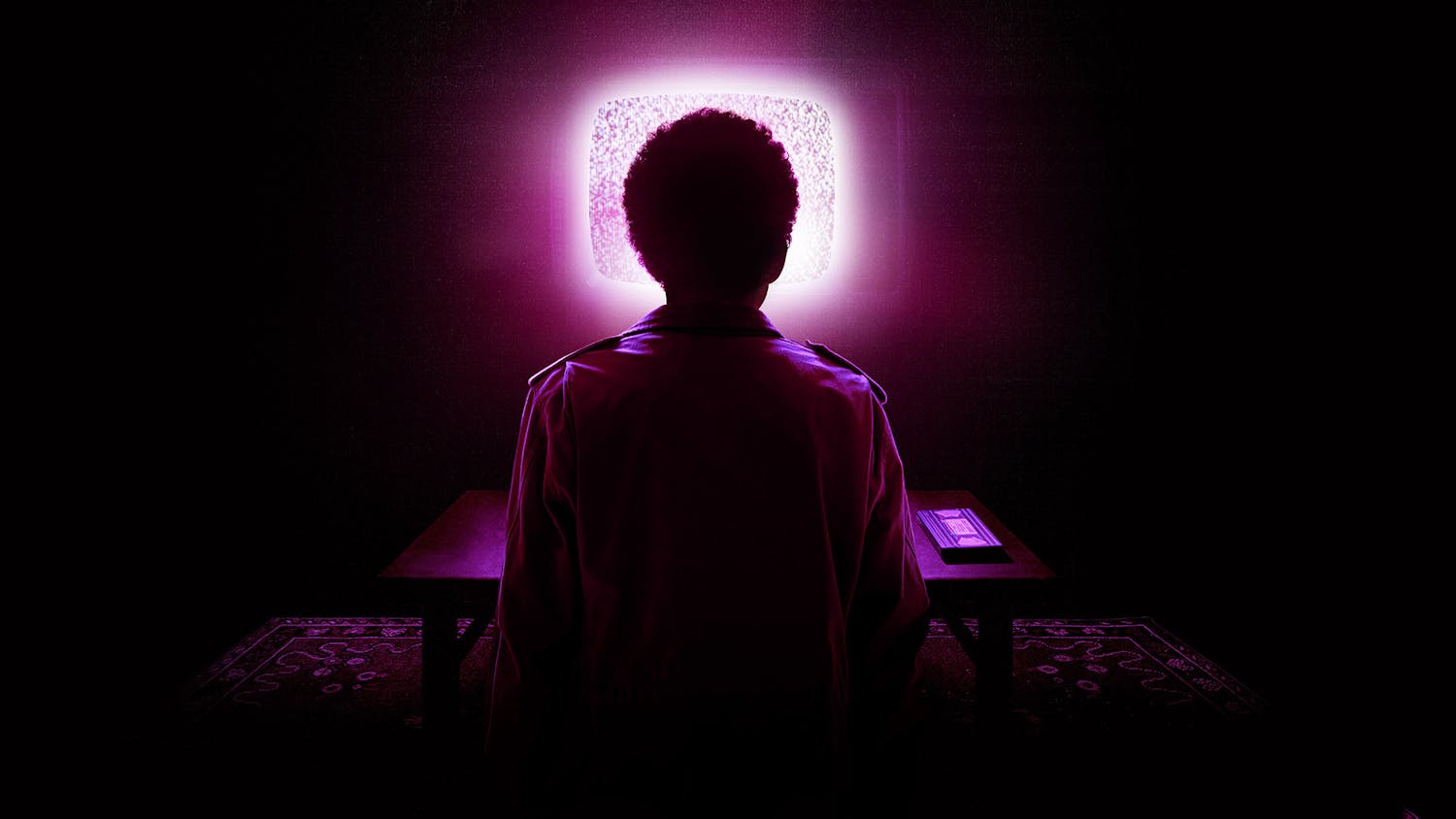On The Morning Benders’ most popular YouTube video, front man Christopher Chu, claims that, on the track “Excuses,” he was going for a Phil Spector, Wall of Sound style. So, in the video, The Morning Benders gather fellow San Franciscans — about 50, no joke — to record the song.
I’m a sucker for watching musicians collaborate in large groups, but I definitely think the video is worth six minutes of your time.
The recorded track, “Excuses,” clearly draws upon feelings of the distant past, or at least ideas of what the past must have been like. The love song is an acoustic-guitar driven pop tune that is aided by the sweet highs and lows of a violin accompaniment, the bone-chilling jangling of a muted piano and complex percussion. Indeed, the song can easily be classified as orchestral fuzziness, or, to be even more exact, as Wall of Sound — hazy, poppy, big and loud! And Chu’s proper, heartfelt lyrics do even more to evoke the good ol’ days in a way similar to Dr. Dog’s Leaman and McMicken.
This stylistic haziness — an ever-present disorienting fog that recalls an earlier time — finds its way onto most of “Big Echo.” To maintain this sound, the band calls on Chris Taylor from Grizzly Bear to help with production. At times, the album clearly resembles Grizzly Bear with its chamber pop style and that guitar effect — the dissonant, piercing screech that demands attention and drives a song from movement to movement.
Take, for example, “Hand Me Downs.” From the opening guitar strums, I can’t help but be reminded of Grizzly Bear’s “While You Wait for the Others.” At once disruptive and intrusive, the guitar mellows to a gentle melodic riff, which shows off the dynamic mood swings that The Morning Benders can achieve.
And the end of the song, which builds to epic vocal and instrumental chaos, further demonstrates the band’s songwriting talent.
“Pleasure Sighs” is further evidence of The Morning Benders’ ability to change direction in the middle of a song. It’s as if the band is unafraid to pause, let the music fade, and then move to a new progression. Again, The Morning Benders draw attention to their craftiness, as big instruments and bewildering background vocals take over the previously tranquil riffs.
Other songs are more simply constructed. For example, “Cold War” is an upbeat pop tune that is driven by bouncy acoustic guitar strumming and hand claps. The song, at less than two minutes, is refreshing as Chu sings: “The worst is over.” “All Day Day Light” is another instance of catchy songwriting making its way onto “Big Echo.”
This time, the pop is driven by melodic electric guitar riffs, which explode into fuzziness with the chorus.
Despite having a recognizable Grizzly Bear influence, The Morning Benders are able to create their own identity. The lead vocals are delivered differently, taking the front-seat on many songs. On “Stitches,” for instance, it seems that the vocals are attempting to escape from the overbearing Wall of Sound, declaring: “You don’t know me by name.” And Grizzly Bear would never release a song as straight forward as “Cold War.” I appreciate these simpler, less complex bouts, and I think they help make “Big Echo” a great album.
For the Record... - 04/08/10
Comments



